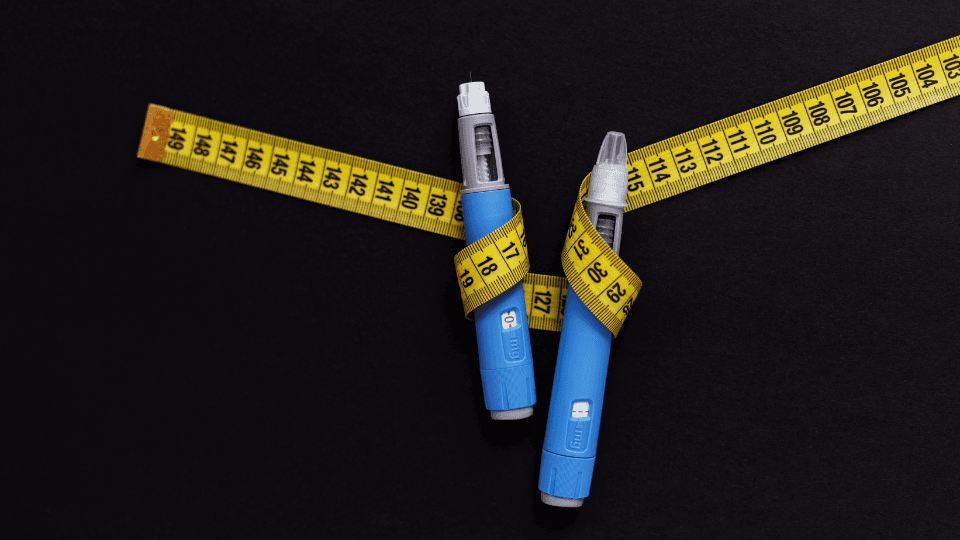Back
29 Jul 2022
Sleep science 101

Gabriella Florence | Sports Scientist
Understanding Sleep Cycles
You spend close to a third of your life sleeping, so it might be a good idea to know a little about it. In this article, we’re going to dive into the basics of sleep science with an overview of the sleep cycle.
Four stages make up a sleep cycle, each with their own brain wave and physiological characteristics. Humans run through 4-6 sleep cycles per night, lasting between 90 and 110 minutes each.
Non-rapid eye movement (nREM): 75% of each sleep cycle.
Scientists classify nREM sleep into three stages which reach progressively deeper states of sleep:
Stage 1 (1-5 minutes) - the “dozing off” stage.
Your brain activity slows down as you enter stage 1. Waking someone up during this stage is an easy feat.
Stage 2 (10-60 minutes).
An average sleeper spends approximately half of their sleep in this stage. Mostly, your brain activity is still relatively slow, but there may be temporal bursts in brain activity which help you resist being woken up by external stimuli. You may also experience a slowed heart rate and breathing, relaxed muscles, and a drop in body temperature.
Stage 3 (20-40 minutes) - the “deep sleep” stage.
You finally reach a state of deep relaxation as your muscle tone, heart rate, and breathing decrease further. Your brain activity is now identifiable as delta waves. Waking someone up during stage 3 isn’t as easy as it is during stage 1 but we wouldn’t recommend testing this out at home.
Rapid eye movement (REM): 25% of each sleep cycle.
REM sleep lasts for 10-60 minutes each cycle and hosts your vivid dreams, likely due to an increase in brain activity similar to that when you are awake. During REM sleep, your eyes move around rapidly (this is where REM sleep actually gets its name) while your body experiences low muscle tone and reaches temporary paralysis. The only exceptions are your eyes and the muscles responsible for breathing. Pretty interesting, isn’t it?
And there you have it: the components making up each sleep cycle.
Spending too little time in any stage can impair your cognitive function, mood, and physical health, and may lead to the development of a sleep disorder. Transitioning through each stage is vital to getting good sleep each night and waking up well rested and ready to tackle the day ahead.













